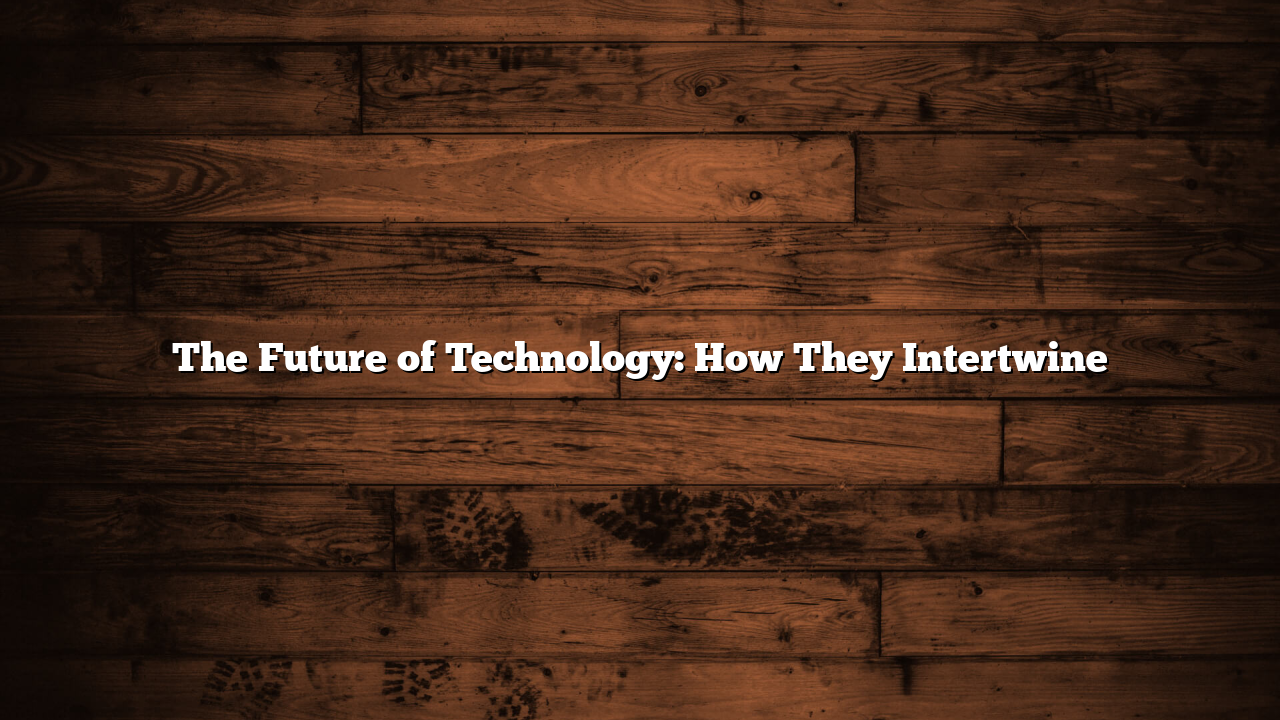In the current world, 4 key sectors are most critical: financial systems, tech innovations, the evolution of intelligence, particularly artificial intelligence, and health. These domains not only influence our current lives, but they also interconnect in dynamic ways that offer a transformational future.
Let’s delve into how the financial sector, technology, artificial intelligence, and health interact to build the future.
—
The Evolution of Money in a Tech-Driven World
In recent years, finance has evolved dramatically, due to technological advances. Online financial platforms, cryptocurrency, and e-wallets have revolutionized how people interact with finance.
Banks are no longer just physical buildings. Today, your smartphone can act as your financial hub. Financial technology companies are disrupting the way we borrow money.
Moreover, the integration of AI in finance permits advanced investment strategies. AI analyzes massive datasets to predict market trends. This not only saves time but also lowers human error.
—
How Tech Drives Change Across Industries
Technology is not just a standalone field—it’s a catalyst that transform other industries, especially finance. From machine learning to quantum computing, technology impacts all elements of our lives.
Smartwatches and health trackers, AI-driven diagnostics, and telemedicine platforms are just a few examples of how tech transforms healthcare. Similarly, in finance, algorithms outperform traditional brokers, and blockchain ensures transaction transparency.
In honda4d slot and research, AI. It facilitates faster drug discovery, accurate disease modeling, and real-time data analysis, accelerating development in all fields.
—
AI’s Expanding Role Across Disciplines
AI has evolved into a integral part of all major fields. From chatbots in customer service, AI reduces manual work.
In finance, AI recommends investments. In healthcare, AI suggests personalized treatment plans. In its own domain, AI self-improves with minimal human input.
The self-improving nature of AI makes it a dynamic tool. However, it raises concerns about job displacement. As we embrace AI, ethical AI design becomes crucial.
—
The Digital Health Revolution
Healthcare has seen a digital revolution through the integration of technology and intelligence. Remote consultations makes healthcare available to rural areas. AI-driven diagnostics increase accuracy.
Smart wearables detect irregularities in real time, helping doctors before emergencies arise. Robotic surgery reduces recovery time.
Early intervention is now data-driven. Algorithms analyze lifestyle data, giving patients better insights over their well-being.
—
The Convergence: Where Finance, Tech, Intelligence, and Health Meet
As these sectors converge, new possibilities emerge. Imagine a blockchain-powered health insurance, optimized by AI.
Take this scenario: A patient’s wearable detects early signs of hypertension. This data is shared securely through encrypted blockchain. AI then connects to a telehealth provider, and the cost is automatically deducted by a fintech app. That’s not science fiction—it’s the near future.
Data interoperability is key. When finance, tech, AI, and health share secure, structured data, everyone wins.
—
Barriers and Risks in This Evolution
Naturally, this evolution isn’t without obstacles. Cybersecurity, data privacy, and digital literacy remain pressing concerns.
Are wearable devices safe from hackers? These are valid questions we must address.
Governments and institutions must collaborate to regulate AI. Awareness campaigns can empower users in these systems.
—
Final Thoughts
The synergy of finance, technology, intelligence, and health is reshaping humanity. Each sector enhances the other, and together, they build a smarter, healthier, and more efficient world.
As we move forward, the goal should be inclusiveness—adopting progress without sacrificing ethics.
This future is already unfolding. Will we lead or lag behind?
